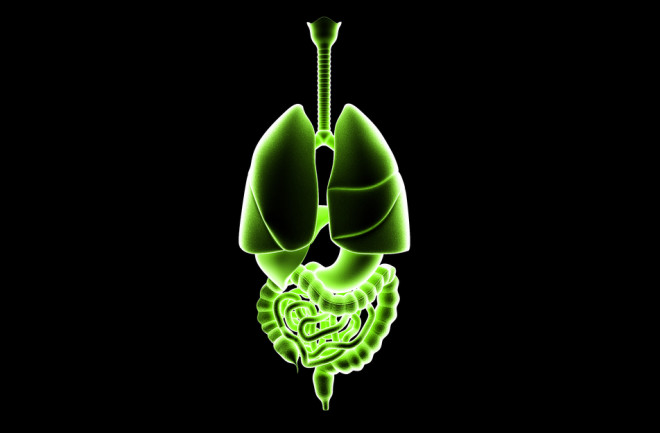News

Faecal microbial transfer and complex carbohydrates mediate protection against COPD
Chronic obstructive pulmonary disease (COPD) is a common cause of illness in around 500 million people worldwide. It is know that those with COPD have altered microbiomes compared to those without COPD, but the direct role of microbes in the pathogenesis of the disease are unclear. A recent study using a mouse model of cigarette smoke induced COPD showed that faecal microbiota transplant (FMT) alleviated inflammation in COPR by improving the lung function and breathing, compared to mice that didn’t get a FMT. The research group then identified specific bacterial species that were associated with lung health. Next, they conducted a small human study to determine if altering the microbiome via a dietary intervention (using inulin) would improve symptoms in those with COPD. Compared to a placebo group, those given dietary inulin had an improved quality of life, which was linked to changes in microbiome composition. Overall, these results suggest that by altering the microbiome of those with COPD, disease symptoms and quality of life may improve.